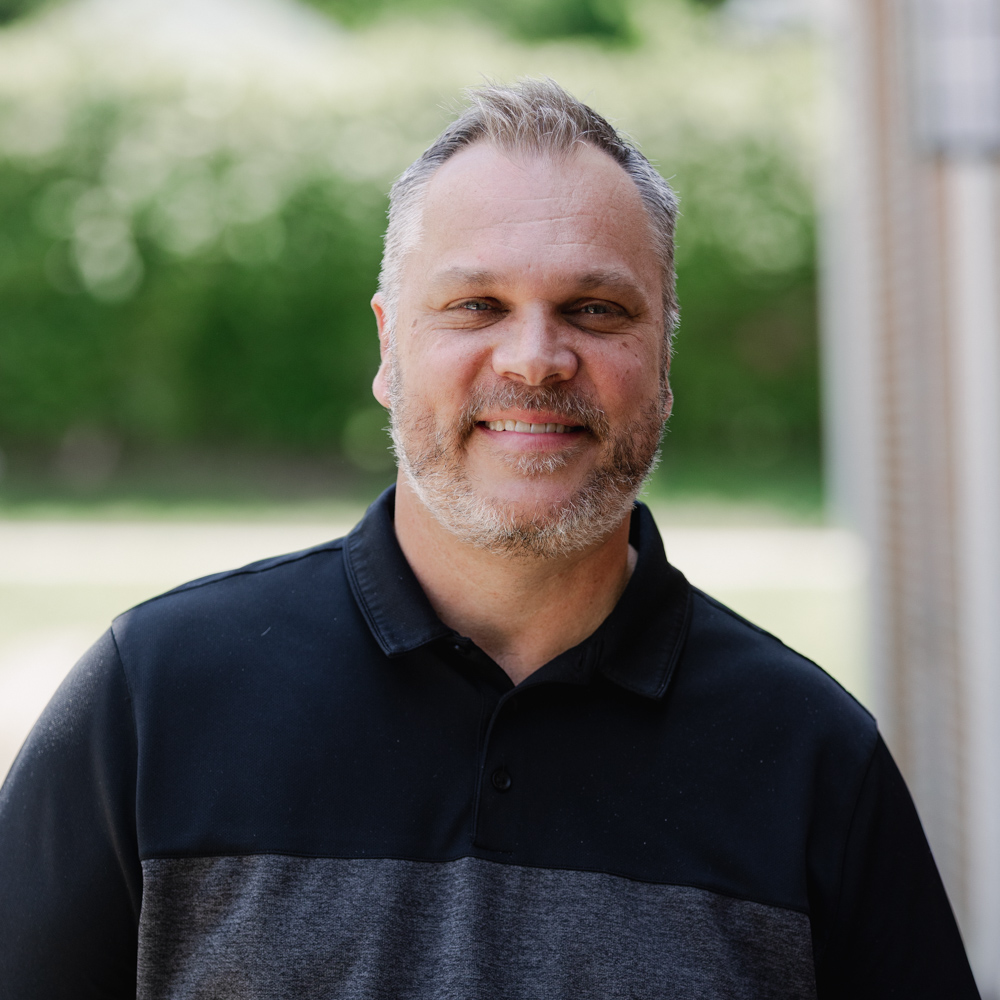I Wish I Knew This Before Preaching My First Sermon
By Brandon Abbott
I haven’t been preaching long—just a couple of years, really—but it doesn’t take decades in the pulpit to realize how much you don’t know.
Preaching will stretch you. It will sanctify you. And it will humble you in ways you never saw coming.
“Preaching isn’t just about communicating truth—it’s about loving the people I’m called to shepherd.”
Start Here: Know the Word, Know Your People
If I could go back and sit down with myself before that very first sermon, I wouldn’t start with technique. I wouldn’t start with outlines or illustrations or how to land the closing line. I’d start with this:
You don’t have to know everything. But you do need to know the Word—and you need to know your people.
Early on, I thought the biggest challenge would be theological accuracy or perfect structure. But I quickly realized: preaching isn’t just about what you’re saying—it’s about who you’re saying it to. If you miss that, you miss everything.
Let Prayer Shape the Process
Over time, something unexpected started happening in my prep. As I spent time in the Word, certain faces from our church would come to mind. Not just abstract “types of people” but real names. Real burdens. Real stories. And I’ve learned to pause when that happens. To stop and pray for them specifically.
I don’t always know what they’re walking through, but God does. And often, in that moment of prayer, He gives me clarity—on what the text is saying and on how I should say it.
That shift changed everything for me. Sermon prep stopped being an academic exercise and became a deeply pastoral one.
You Don’t Have to Say Everything
Here’s something else I wish I had known: you don’t have to say everything in one sermon.
That pressure is real—especially when you’re new. You want to be thorough. You want to prove you belong up there. You want to pack in every insight, every Greek word, every powerful application. But that pressure leads to overloaded sermons, overwhelmed listeners, and exhausted preachers.
I had to learn not to preach five sermons in one. To trust that I don’t have to deliver everything I know in 30 minutes. I’m their pastor. Lord willing, I’ll be back next week. And the week after that. Preaching is not a one-time shot. It’s a long walk of faithfulness.
Keep It Clear: Give People Handles
Another lesson I’ve learned is the importance of clarity. We live in a world full of content, but not always full of clarity. And clarity isn’t just about simplifying your words—it’s about helping people grasp what God is saying and how they should respond.
That’s why I always try to give people what I call “handles.”
I want them to walk away with something they can hold onto. Sometimes that’s a vivid image or a simple object lesson. Sometimes it’s a key phrase or a Scripture they can memorize. Other times, it’s a clear next step they can take in their walk with Jesus.
“The best sermons don’t just inform—they invite transformation.”
These handles aren’t fluff. They’re bridges. They help people carry the weight of the truth you’re preaching into Monday morning.
Aim for Transformation, Not Just Information
James 1:22 says, “But be doers of the word, and not hearers only, deceiving yourselves.” That verse has shaped how I think about sermon writing. I don’t want to just inform people. I want to invite them into transformation.
That doesn’t mean moralizing. It doesn’t mean tacking on a to-do list at the end. It means asking: what does obedience look like in light of this passage? What would it mean for us to live differently because of this truth?
Sometimes, the best application is a question. Sometimes, it’s a moment of stillness. But I’ve learned not to skip the invitation to respond.
Let Scripture Be the Starting Point
Another principle I now hold tightly: start with Scripture. Not stories. Not quotes. Not clever ideas. Just the Word. The more time I spend immersed in the passage before reaching for commentaries or illustrations, the more grounded the sermon becomes.
There are times I’ve been tempted to reverse that order—to start with a great idea or a powerful story and then go searching for a passage that supports it. That’s backwards. Scripture is the foundation. Everything else is scaffolding.
Serve the Whole Room
Not everyone in your congregation is in the same place. You have spiritual seekers sitting next to seasoned saints. You have people walking in fresh off a crisis and others who’ve been in the pews for decades. Your job is to serve all of them.
You don’t have to say everything to everyone all at once. But you do need to be mindful. I sometimes think about my sermon like a bell curve: I want to engage those who are brand new to church, offer depth for those who’ve walked with Jesus a long time, and spend most of my time connecting with the middle of that curve.
You might mention the Greek word once—but not to show off. Only if it helps people see the text more clearly. You might include a challenging application—but not as a guilt trip. Only if it invites them into life with Christ.
Preaching Is an Act of Love
More than anything else, I’ve come to believe that preaching is an act of love.
It’s not a TED Talk. It’s not an essay. It’s not a chance to impress anyone. It’s an opportunity to point people to Jesus. And the longer I do it, the more I realize that my best sermons are the ones where I remember that God is speaking through His Word to real people He loves deeply.
Final Encouragement for Young Preachers
So if you’re just starting out in preaching, take heart. You’re not expected to be perfect. You’re not expected to have it all figured out.
Preach the Word. Know your people. Stay grounded in Scripture. And don’t be afraid to slow down and pray when the Spirit brings someone to mind.
That’s where the sermon really begins.

Brandon Abbott is the Campus and Teaching Pastor at The Church at West End, a regional campus of Brentwood Baptist Church in Columbia, TN. He and his wife Darlene live in Tennessee and have three children.
Want to hear more on balancing theological depth and accessibility in your sermons? Listen to our latest episode of the Elevate Podcast, where Jay Strother and Brandon Hays join me to talk about preaching across a wide range of spiritual maturity and church experience.
